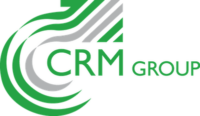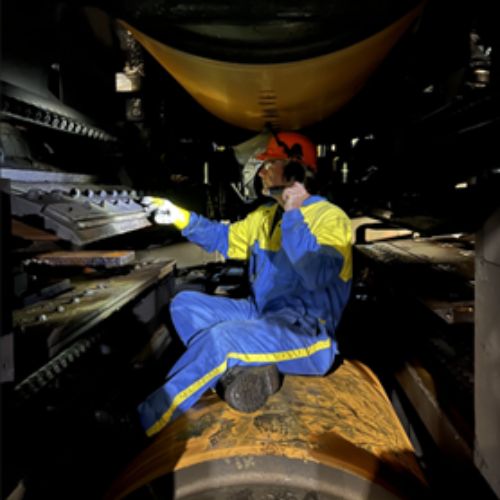Material Characterization
From the macro to the nano scale, CRM Group provides advanced material analysis services through three specialized laboratories: chemical characterization, optical analysis, and mechanical testing. This comprehensive setup allows us to assess materials at every stage of development or production.
Our services contribute to selecting the most appropriate materials for a given application, improving performance, reducing costs, ensuring easier processing and installation, and minimizing potential risks. Whether you require standard testing or a customized approach, we encourage you to contact us to discuss your specific needs.
Chemical Laboratory
In our chemistry labs, we perform both elemental and compound-level analysis on metallic-related materials. This includes raw materials, by-products, and various metallic samples—whether coated, uncoated, or in different physical forms.
We offer a wide range of analytical techniques. These include elemental methods like ICP-OES, AAS, and GC-MS, as well as hydrogen, carbon, nitrogen, sulfur, and oxygen determination. Surface analysis methods such as GDOES, Raman spectroscopy, and gravimetric approaches are also part of our capabilities, along with more global techniques such as XRF and OES-PDA.
Our expertise extends to advanced techniques, including hydrogen thermal desorption and various forms of thermogravimetric analysis such as DSC and DTA. For several of these chemical analyses on metallic materials, CRM Group is ISO 17025 accredited. This includes methods like OES, carbon and sulfur content, diffusible hydrogen, and zinc coating thickness. You can find detailed information on our certifications through our dedicated accreditation page.
Optical and Microscopy Laboratory
Our microscopy lab supports investigations not only on metals but on all material types. We combine precise sample preparation techniques with elemental and crystallographic characterization, ensuring reliable insights into material structure.
The lab is equipped to handle both large samples and delicate investigations, offering flexible, mobile setups as well as highly specialized microscopes suited to different types of analysis. We are also equipped to perform particle size evaluations and are ISO 17025 accredited for grain size measurements on metallic materials.
Our equipment includes scanning electron microscopes with energy-dispersive, wavelength-dispersive, and backscattered electron detectors. We also operate a full range of optical microscopes for cross-sectional and surface analysis, complete with digital image analysis tools.
Motorized stages and profilometry systems allow for large-area imaging and 3D geometry measurements. The lab also features nano-indentation and micro-hardness tools to measure fine-scale material properties with high precision.
Mechanical Testing Laboratory
Our mechanical testing services include ISO 17025 accredited methods for evaluating the mechanical properties of metallic materials. These tests cover tensile testing at room temperature with various sample geometries, hardness determination using Rockwell, Vickers, and Brinell scales, toughness evaluation through Charpy impact testing, and bend testing for deformation assessment.
Beyond standard procedures, we regularly conduct mechanical tests and in-service performance evaluations that fall outside conventional frameworks. For example, we perform high-temperature testing for hardness, fatigue, tensile strength, and creep behavior.
We also integrate mechanical testing with imaging capabilities. Using an in-situ scanning electron microscope setup, we can perform bending and tensile tests while observing real-time microstructural changes. This hybrid approach provides a more comprehensive understanding of material performance under realistic conditions.
If you require detailed analysis of your material’s mechanical behavior—standard or advanced—our team is ready to assist you.



